Keywords: Independence
There are more than 200 results, only the first 200 are displayed here.
-
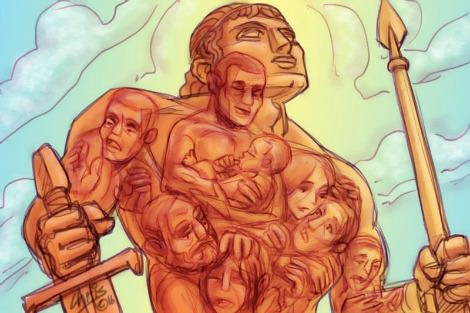
AUSTRALIA
- Adolfo Aranjuez
- 28 October 2016
10 Comments
After sending me to live in Australia, my father tasked my then brother-in-law (a true-blue 'bloke') with teaching me to 'be a man'. He failed, but here was evidence of hegemonic masculinity's perpetuation. My father and I were born into a masculine culture that, unlike Australia's stoicism, is characterised by braggadocious chest-puffing. Yet underpinning both Australia's and the Philippines' conceptions of masculinity is the masking of vulnerability: emotions hide behind silence and bravado.
READ MORE 
-
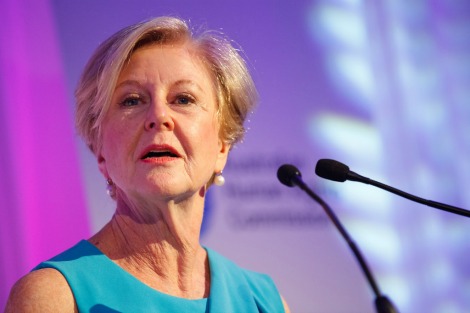
AUSTRALIA
- Moira Rayner
- 25 October 2016
55 Comments
This damnable pursuit of Gillian Triggs must stop at once. Triggs is an outstanding independent statutory office holder, one of the many appointed by governments over decades to remind them of Australia's international human rights obligations and to oversee the functions of laws to mitigate social wrongs such as age, race, disability and sex discrimination in public arenas. But no government likes watchdogs on the moral and legal limits on its power.
READ MORE 
-

INTERNATIONAL
- Fatima Measham
- 29 September 2016
6 Comments
Trump predictably resorted to insinuation to mask his deficiencies. After the first presidential debate, he said: 'They gave me a defective mic. Did you notice that ... was that on purpose?' It is hilarious until you realise how it would be received by supporters. It captures something of contemporary politics, where the line between conspiracy theory and legitimate anti-establishment criticism is more smudged than ever. A deficit of trust is one thing; a detachment from truth is something else.
READ MORE 
-
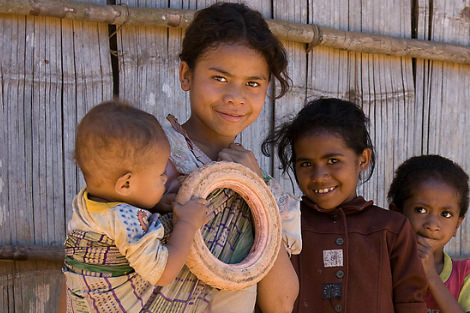
INTERNATIONAL
- Frank Brennan
- 27 September 2016
19 Comments
Timor has scored another win in the international legal forum, this time before a five-member Conciliation Commission convened under the auspices of the Permanent Court of Arbitration. In response, George Brandis and Julie Bishop regurgitated the Canberra mantra: 'We have a strong interest in Timor-Leste's stability and growing prosperity, and in providing a stable and transparent framework for investment in the Timor Sea.' They have no idea just how patronising this sounds in Dili.
READ MORE 
-

MEDIA
- Binoy Kampmark
- 22 September 2016
9 Comments
The relationship between the whistleblower and journalism has not always been a neat one. The tendency for symbiosis to become positively vengeful is evidenced in the Washington Post stance on Edward Snowden's whistleblowing activities. Having scooped up a Pulitzer working on the Snowden findings, the paper got nasty. There was little need for the paper to wade into these waters, but the editors obviously felt so strongly about Snowden it went for the jugular with seething conviction.
READ MORE 
-

INTERNATIONAL
- Paul Cleary
- 01 September 2016
2 Comments
As Australia and East Timor met overnight at the Permanent Court of Arbitration in The Hague, the Britain-Norway settlement of the 1960s provides an instructive case study of how to resolve the dispute over oil and gas fields in the Timor Sea. Norway had feared its big neighbour would exploit a deep trench near its coastline and push the boundary beyond halfway. Instead, the Norwegian negotiators were stunned when Britain offered the median line as the starting point for negotiations.
READ MORE 
-

INTERNATIONAL
- Andrew Hamilton
- 23 June 2016
19 Comments
Some commentators in the Australian media have welcomed the prospect of Britain's leaving the EU. The founders of the union would recognise these commentators' hoped-for changes. They are precisely the conditions that contributed to the wars that they so feared: the xenophobia, disregard for human rights, chauvinism, military adventures entered by individual nations and competitive economic policies that alienated citizens and so bred authoritarian and ideologically inspired leaders.
READ MORE 
-
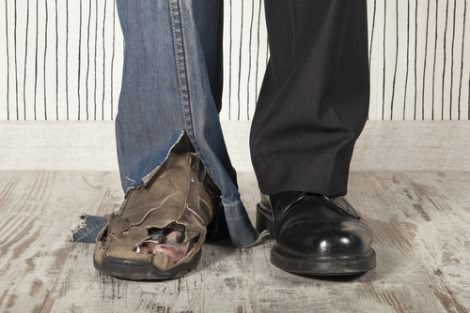
AUSTRALIA
- Marcelle Mogg
- 05 May 2016
18 Comments
Even the International Monetary Fund recognises that the best way to grow an economy is to reduce the divide between rich and poor, ensuring that all people have a chance to participate in the social and economic life of a country. The Coalition government remains resolutely opposed to this growing body of evidence, continuing to rely on economic structures that entrench disadvantage, then blame the poor for their fate. The Budget provides tax cuts to the rich and service cuts to the rest.
READ MORE 
-

RELIGION
- Frank Brennan
- 02 May 2016
2 Comments
READ MORE
-

INTERNATIONAL
- Gillian Bouras
- 06 April 2016
7 Comments
My grandson Nikitas is ten. When his name was chosen I was haunted by memories of Russian leader Khruschev and his long-ago shoe-banging performance at the United Nations. My son and daughter-in-law patiently explained that their son was to be called after Nikitaras, a hero of the Greek War of Independence. Thankfully, young Nikitas does not divide the world into friends and enemies, at least not so far. But he is very competitive; perhaps his name, which means invincible, influences his outlook.
READ MORE 
-
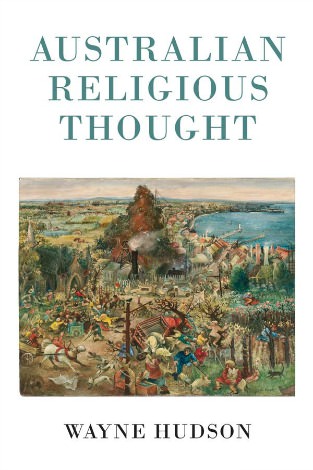
RELIGION
- Frank Brennan
- 22 March 2016
6 Comments
I offer no public judgment of Pell, and unlike many other commentators I'll await the findings of the royal commission. I have however been outspoken about his right to a fair hearing and natural justice, not because I am a priest but because I am a human rights lawyer who cares about the universal application of the rule of law. It is when a representative of institutional religion like Pell taps into the generic religious sensibility or moral consciousness that the real work of Australian religious thought is done.
READ MORE
-
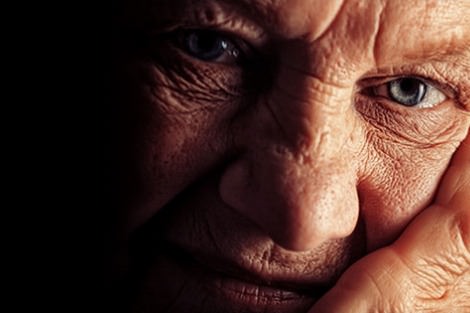
AUSTRALIA
- Gillian Bouras
- 23 February 2016
7 Comments
Elder abuse resembles child abuse in its iceberg qualities: both have received little attention until comparatively recently. In the case of elder abuse, very few cases ever come to court: old people are as helpless as children, similarly unable to plead their own cases, and afraid to: they have little power. The Yiddish proverb springs to mind: If you can't bite, don't show your teeth. The most consistent offenders, sad to say, are family members, who are often adept at exploiting the fear that is part of ageing.
READ MORE 